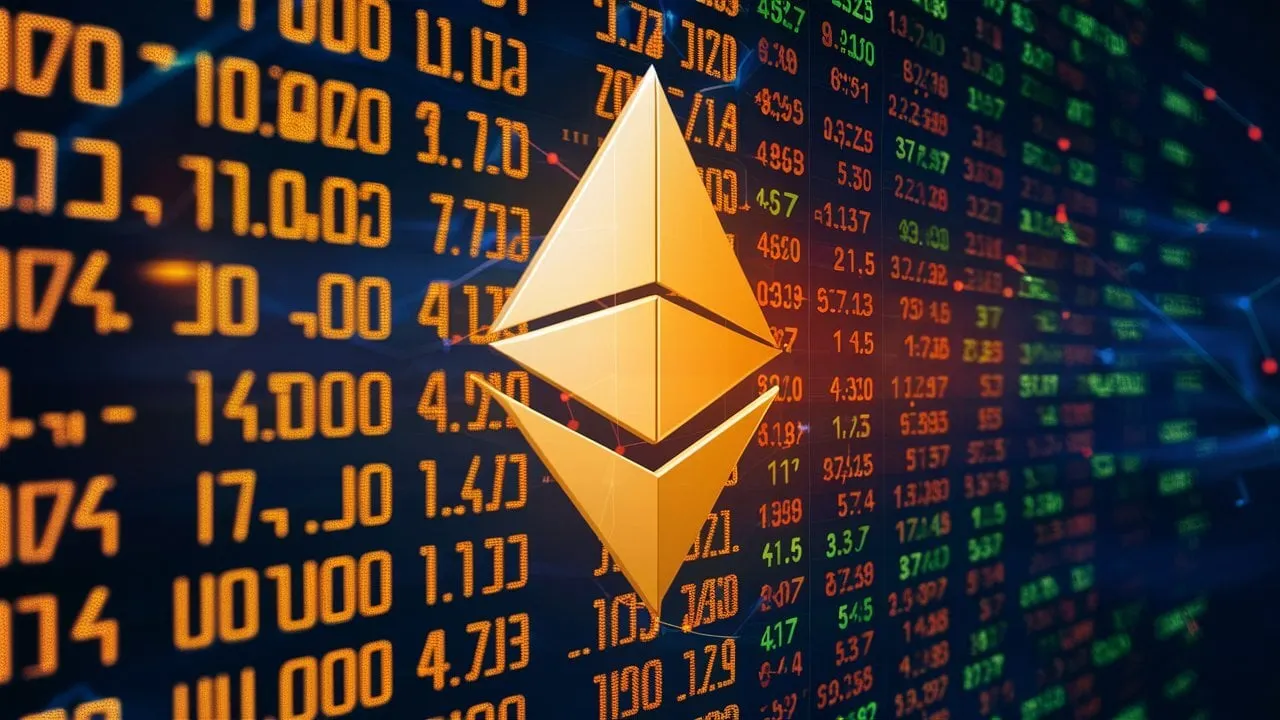Following Thursday’s approval of spot Ethereum ETFs, a cryptocurrency linked to the tokenization of real-world assets (RWAs) is marching past its previous all-time highs—and the CEO of a BlackRock-backed RWA firm tells Decrypt that the approval is bullish for the premise of tokenizing assets on Ethereum.
Ondo Finance’s governance token has surged 16% to $1.10 over the past 24 hours—leading the crypto market’s top 100 coins by market cap in terms of daily gains, as of this writing, per CoinGecko.
The project specializes in offering institutional-grade financial products and services, such as tokens offering U.S. dollar yield or exposure to U.S. Treasuries. In 2022, Pantera Capital and Peter Thiel's Founders Fund led a $20 million Series A funding round in the project.
Apparently affirming Ethereum’s regulatory status as a commodity, the approval of several spot ETFs has massive consequences for firms focused on building digital representations of assets that trade on-chain and via associated infrastructure, Securitize CEO Carlos Domingo told Decrypt.
“The most important thing here is not that you can trade an Ethereum ETF,” he said of Thursday’s approvals. “Ethereum, at least from an institutional perspective, is [now] completely safe to use because there’s no risk that the gas token, ETH in this case, is actually a security.”
In March, Ondo said it would move $95 million worth of funds backing its U.S. Treasury-backed token (OUSG) to BlackRock’s tokenized BUIDL fund. Established through Securitize, shares of BlackRock’s BUIDL fund are represented by an Ethereum-based token, pegged to the price of $1, and subscribers of the fund receive a yield through the form of more tokens.
Fun fact of the day👇$ONDO alone has contributed $195M of BUIDL's $448M AUM.
To put this into perspective..
Blackrock's first onchain fund, has seen nearly 50% of its growth come from Ondo's efforts.
There's levels to this and your size isn't size.
— JTrades⚔️ (@_JTrades_) May 24, 2024
Ondo’s shift to BlackRock’s BUIDL fund was all about efficiency, Domingo said. The CEO explained that previously, while backing its OUSG token with BlackRock's iShares Short Treasury Bond ETF, managing the product was comparatively clunky.
“They didn't have good control over the underlying asset in terms of fast issuance, fast redemption, [and] on chain visibility—that the money's there,” Domingo said. “One of the use cases for BUIDL is that it becomes a base layer for people to build products on top of it.”
Ondo did not immediately respond to a request for comment from Decrypt.
BlackRock CEO Larry Fink has highlighted tokenization as the “next generation for markets” since 2022, believing that crypto tech could provide financial market participants “reduced fees” and “instantaneous settlement.”
Describing Ondo as “very innovative,” Domingo said Ondo’s use of BUIDL collapses five distinct steps—between broker-dealers and custodians that safeguard assets—in the redemption of Ondo’s products. Before, he said, it would take them “two or three days to get the money.”
In light of the approval of spot Ethereum ETFs, Domingo said he expects more staid financial firms to branch into the tokenization space with a cloud of regulatory jitters recently dispelled.
“In my opinion, [this] is more relevant for tokenization than the Bitcoin ETF,” he said. “As I mentioned, it makes very clear that [Ethereum is] not a commodity, and therefore, using the public Ethereum blockchain is safe from a regulatory perspective.”
Edited by Andrew Hayward

